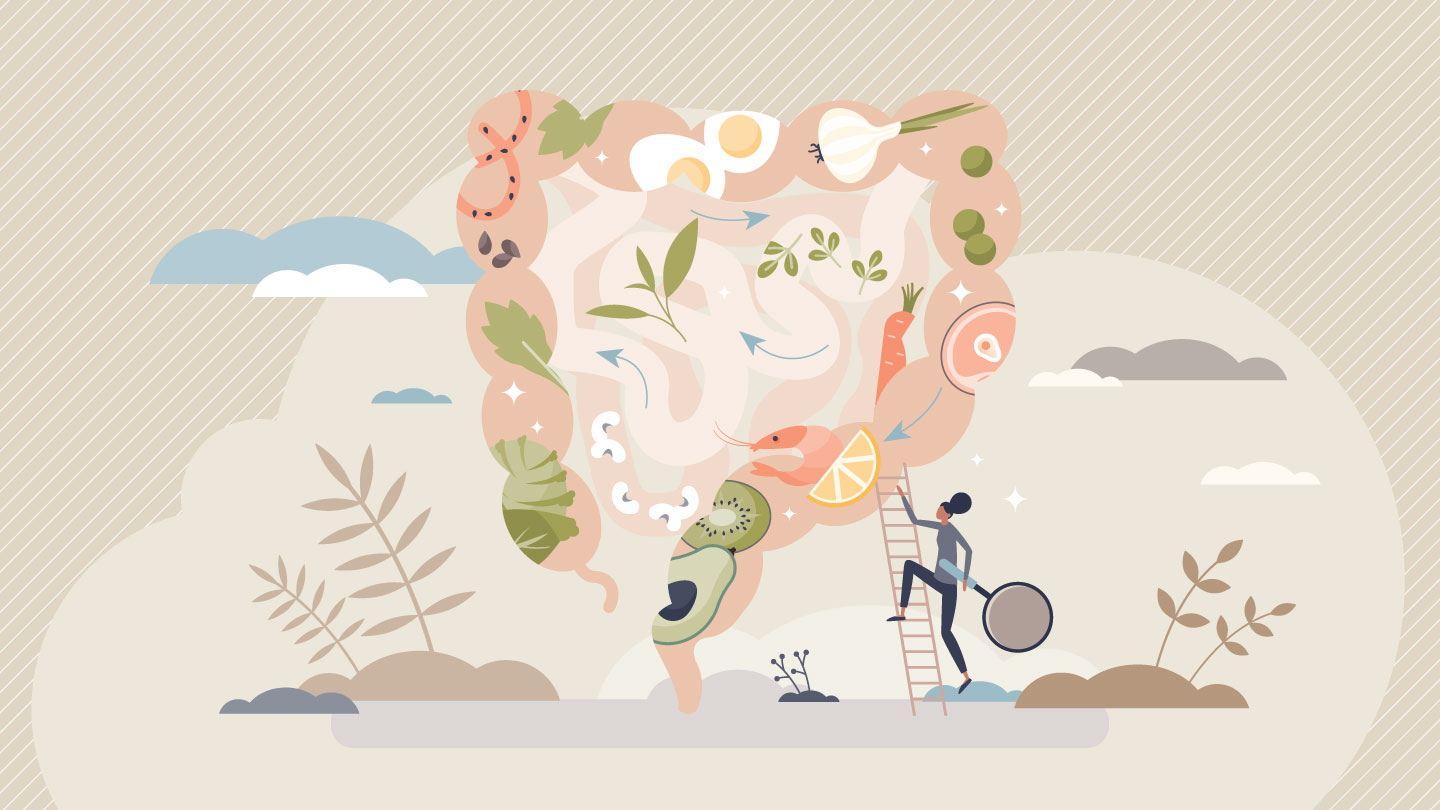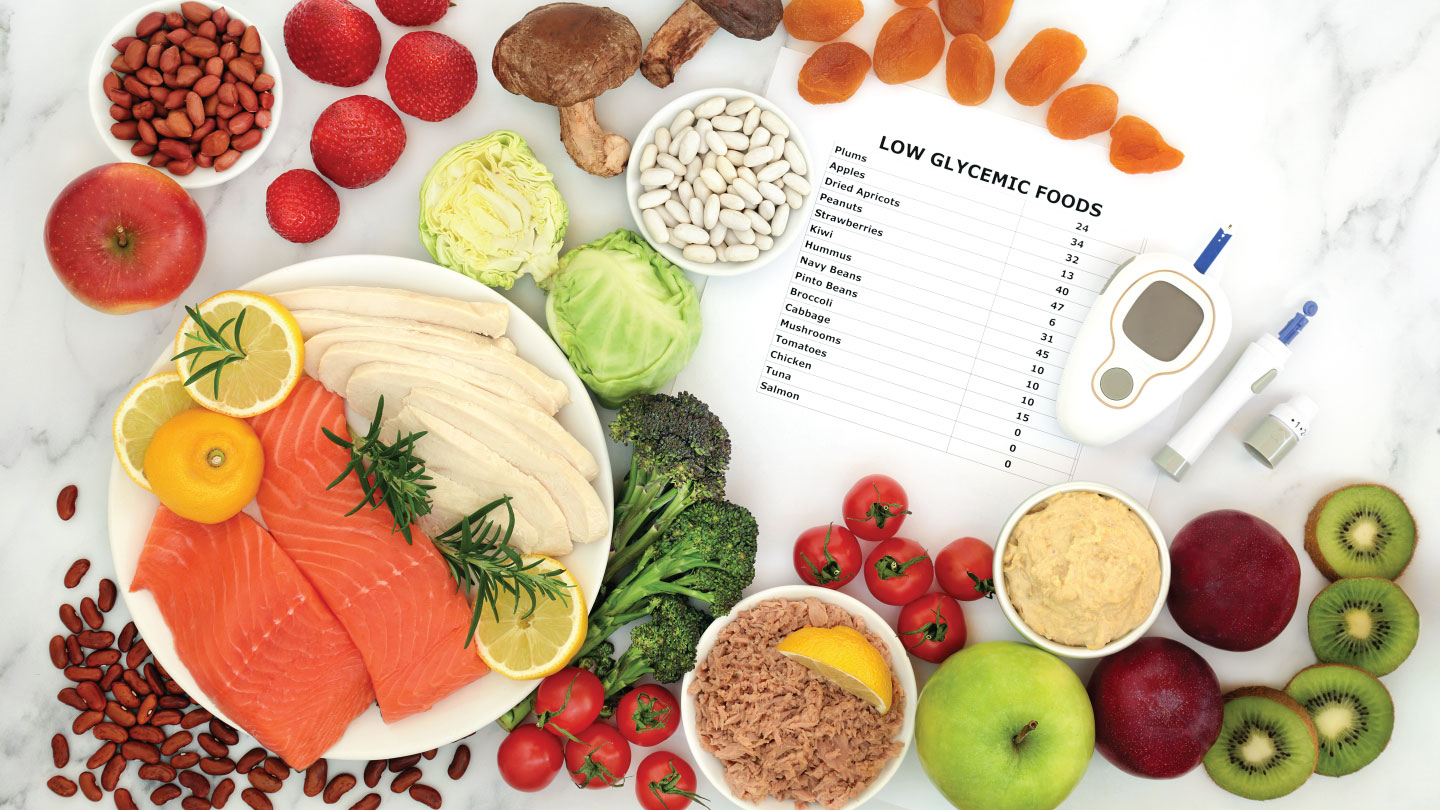Nutrition
The Hidden Nutrition Gaps in Men’s Diets
You might be eating well, hitting the gym, and still feeling off. The reason? It’s not your schedule; it’s your nutrition quietly slipping through the cracks.
.jpg)
We talk a lot about fitness, but not enough about fuel. The kind your body actually needs to keep your heart strong, your hormones balanced, and your mind sharp. This is What Most Men Get Wrong About their Nutrition: most men are walking around with invisible nutrition gaps that quietly drain them over time.
So, here’s a breakdown of the most common deficiencies men face, how they show up, and what to do about them.
1. The Sunshine Vitamin That’s Missing
You’d think living in a sun-soaked country would mean no one’s short on vitamin D, but most men barely get any of it. Between office hours, late-night screens, and SPF everything, sunlight doesn’t stand a chance.
Low vitamin D can quietly impact more than just your bones; it affects energy, mood, and even heart health. A 2021 study in the European Heart Journal found that people with low vitamin D levels were more likely to face cardiovascular issues later in life.
The fix is simple: step out for 10–15 minutes of sunlight in the morning, add eggs and fish to your meals, and consider fortified foods if needed. Sometimes, a short walk outside really can change how you feel inside.
Related story: Vitamin D Deficiency: What You Need To Know
2. Iron: The Silent Energy Thief
Iron deficiency isn’t just a women’s health issue; it’s surprisingly common in men, too, especially those who eat less meat or follow vegetarian diets. If you find yourself getting breathless easily or feeling drained for no clear reason, iron might be the missing piece.
A 2020 Journal of Nutrition review noted an increase in cases of low iron among urban men with modern diets that rely heavily on processed foods and lack iron-rich sources. Lentils, spinach, eggs, and lean meats can help, but pairing them with vitamin C (like a squeeze of lemon or a glass of orange juice) boosts absorption.
Related story: Signs of Iron Deficiency and Ways to Boost Iron Absorption
3. Magnesium and Zinc: The Overlooked Duo
These two minerals are like the backstage crew that keeps everything running smoothly, from your sleep cycle to testosterone levels to heart rhythm. Low magnesium can trigger anxiety, poor sleep, or random muscle twitches. Zinc, on the other hand, affects immunity and recoveryever noticed how you catch colds more easily?
What’s tricky is that caffeine, stress, and alcohol can quietly drain both. So even if your diet looks fine on paper, your body might still be running low. Nuts, seeds, dark chocolate, and whole grains are easy fixes. Just a handful of almonds or a few spoons of pumpkin seeds a day can make a visible difference in your energy.
Related story: Best Type of Magnesium Supplement
4. The Good Fat You’ve Been Avoiding
For decades, men have been advised to reduce their fat intake to protect their hearts. But your heart actually needs the right kind of fat. Omega-3 fatty acids, found in fish, walnuts, and flaxseeds, reduce inflammation and keep your triglycerides in check.
A 2022 meta-analysis published in the Journal of the American Heart Association found that omega-3 intake was associated with a lower risk of heart disease and improved overall longevity. If fish isn’t your thing, sprinkle flaxseed on your breakfast or add chia seeds to your smoothies. Your heart (and brain) will thank you.
Related story: 7 Signs You Need To Eat More Fats
5. The Energy Vitamin That Keeps You Sharp
Vitamin B12 is your brain’s best friend; it helps you think clearly, stay upbeat, and feel alive. But if you’re vegetarian or vegan, your chances of deficiency shoot up. Low B12 doesn’t show up overnight. It starts subtly, with a foggy mind, weaker concentration, or feeling tired even after a full night’s sleep.
A 2019 study in Frontiers in Nutrition found that nearly half of Indian adults had suboptimal B12 levels. The fix? Eggs, dairy, and fortified cereals. If you’re vegan, supplementation might be necessary. It’s a small step that pays off in sharper focus and steadier mood.
Related story: Tips to Manage Vitamin B12 Deficiency
How to Tell Your Body Needs a Boost
The signs of deficiency aren’t loud; they’re more like quiet nudges. That extra cup of coffee that still doesn’t wake you up. The slower gym recovery. The growing irritability for no reason. It’s easy to blame these things on work or ageing, but your body often whispers before it starts to shout. Listening early can save years of exhaustion later.
Related story: Signs of Low Testosterone in Young Men and Natural Ways to Increase It
Simple Fixes
- Get your Vitamin D, iron, magnesium, zinc, and B12 checked once a year.
- Eat the rainbow; the more variety, the better the nutrient spread.
- Add healthy fats back into your meals.
- Hydrate (most men underestimate their daily water needs).
- And yes, sunlight still counts as a form of medicine.
You don’t need a radical diet or expensive supplements. Just small, consistent choices that nourish your body like it deserves. Because strength isn’t just about lifting more, it’s about being fueled enough to show up fully.
Related story: 7 Nutritional Deficiencies That Can Wreck Your Mental Health
Don’t just work harder, nourish smarter. Get a personalised diet consult and start seeing results that last.
COMMENTS
USHA 07 Nov 2025
Hi Feels good to get updates on the health Need a small advise in this section it is mentioned to get a morning sunlight but since am with rheumatology arthritis so doctor has said not a get sunlight so am bit confused can you pls guide me
EXPLORE MORE
Bright, earthy, and naturally prebiotic-rich, this beetroot salad is a refreshing gut-friendly bowl that supports digestion, boosts good bacteria, and adds colour to your everyday meals.
Struggling with sluggish digestion? Here are natural, everyday foods that help get your bowel movements back on track.
From portion control to low-GI swaps, here are seven powerful eating habits that protect you from progressing to type 2 diabetes.
Rustic, bright, and full of fire-roasted flavour, this simple Bihari-style chokha turns everyday tomatoes into a smoky, tangy, comforting side that lifts everything, from litti to dal-chawal.








.jpg)


.jpg)
